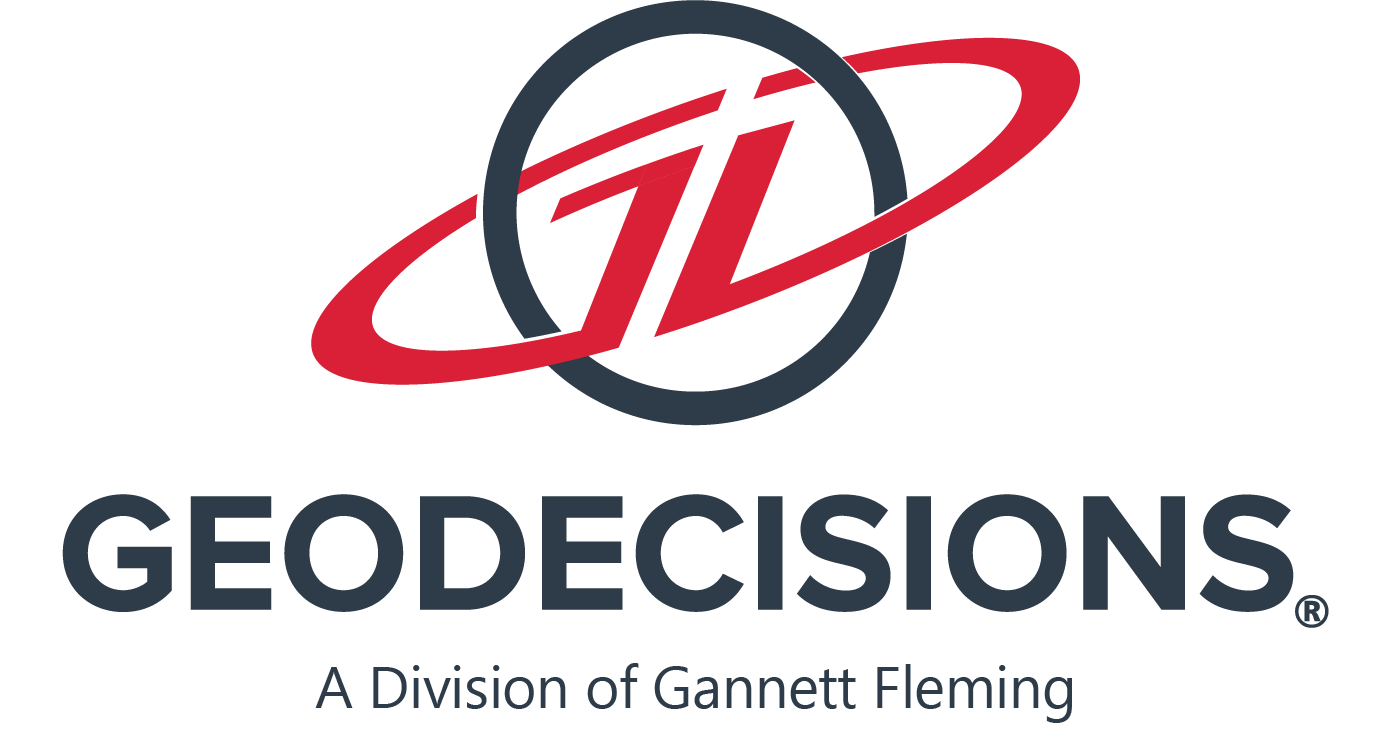The academy provided several team building exercises each day, providing students with the opportunity to practice their leadership and communication skills. The first day of training started with a brainstorming exercise to share ULA expectations with fellow students and, most importantly, with the instructors so that they could make adjustments as needed. Receiving feedback after each training session enabled URISA instructors and members to improve the academy experience.
The ULA offered the following topics:
Introduction to leadership and management – Leadership styles and situational leadership, managing yourself as a leader, motivations for GIS leaders, strategic thinking.
Building a team - Analyzing and using current human capacity, assessing needed skills, identifying and recruiting team members, building a competent team, utilizing diversity as a team strength.
Communication – How to effectively communicate, apply appropriate techniques for building communication strategies at the personal and professional levels.
Conflict resolution – Understanding source and levels of conflict, methods for resolving conflicts, applying appropriate methods for managing conflicts at the individual, group or organizational level.
Other topics included retention, recognition, hiring considerations, effective capacity building strategies, risk management, strategic planning, situation analysis, and ethics.
During the ULA, it was great to share hurdles that we encounter on a daily basis and exchange ideas to resolve them with fellow GIS professionals. I am already using the skills and knowledge that I have obtained from this academy and plan to use it throughout my career in Project and GIS Management.









